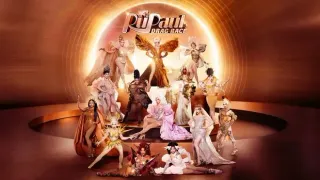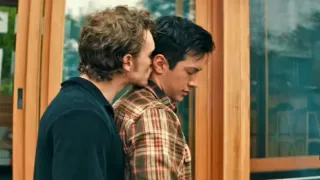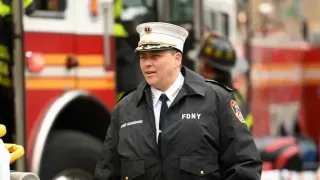September 20, 2023
Watch: Troye Sivan Bares All in the Name of New Music
Emell Adolphus READ TIME: 1 MIN.
With the premiere of "Rush," twink-tastic pop star Troye Sivan introduced his choreography era, and it continues in the video for his newest single "Got Me Started."
As reported Rolling Stone, the song samples the Bag Raiders song "Shooting Stars," and its accompanying music video was shot in Bangkok.
But in the video Sivan also continues his in-your-face sex appeal. He shared a teaser with him sitting pretty and naked by a pool to Instagram and the full video brings even more thirst.
In other scenes, Thai couples kiss, caress and express their queer identities all around as Sivan dances and feels the vibe.
"Over the last couple of years I really thought that I was incapable of feeling anything," said Sivan in a voice over teaser for the video. "I don't know what you did or how you did it. You said to me 'this is one of life's greatest pleasures' and you know what? You were right."
The video is reportedly inspired by Hong Kong film director Wong Kar-wai and frequently references his work and his ultra coloristic aesthetic.
On October 13, Sivan is set to officially release his third studio album, "Something to Give Each Other." And from the looks of his first two videos from the album, that "something to give each other" is sex appeal.
Watch the complete video for the song below.






